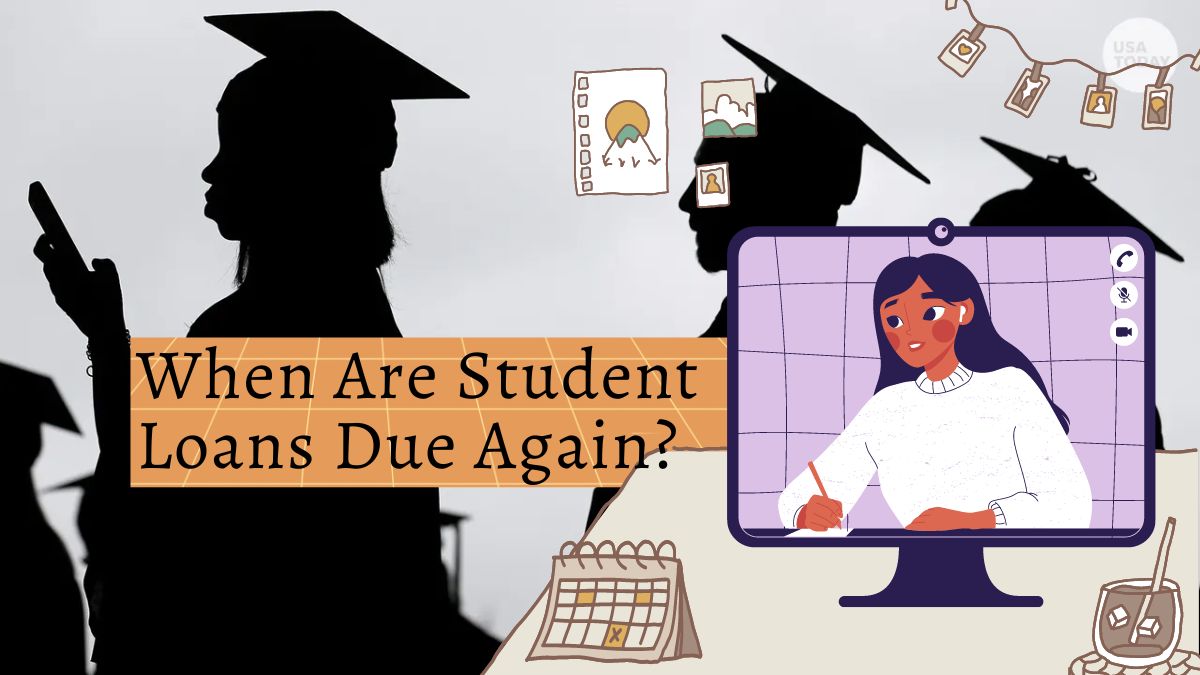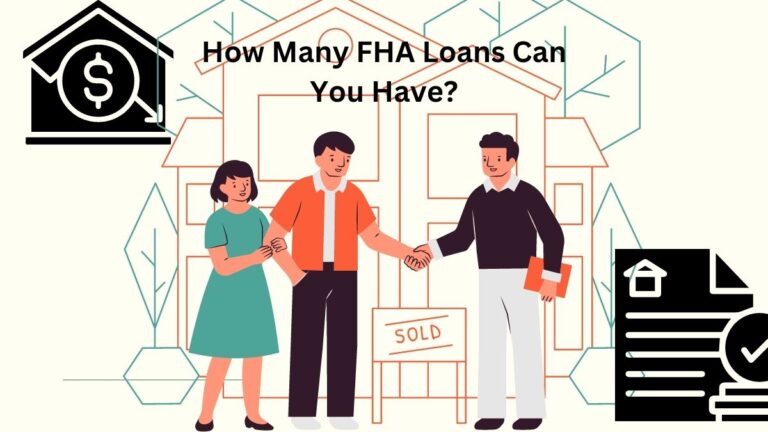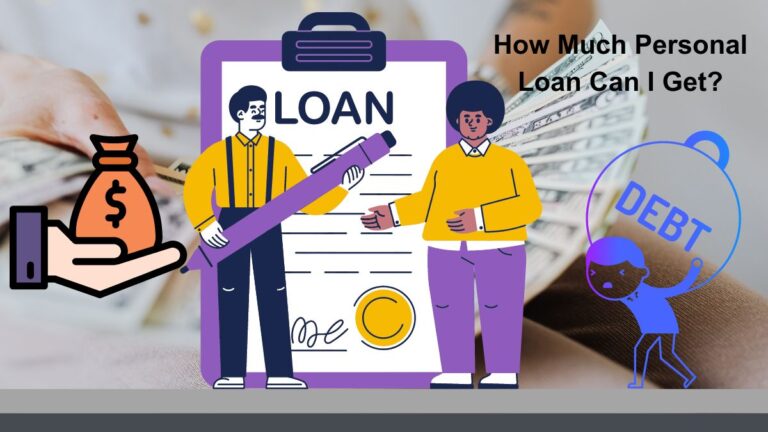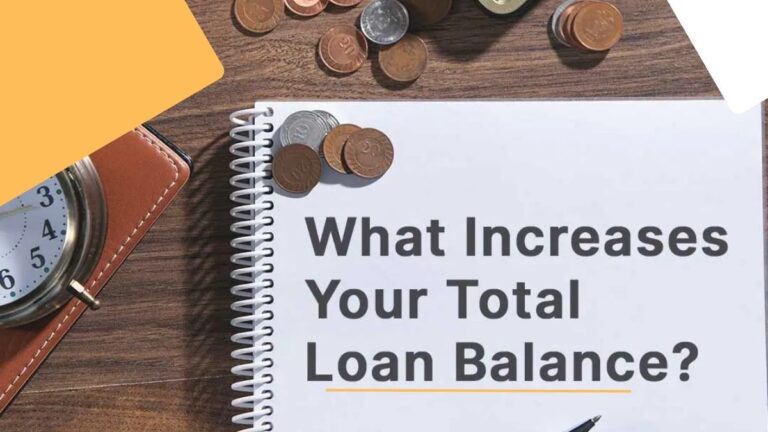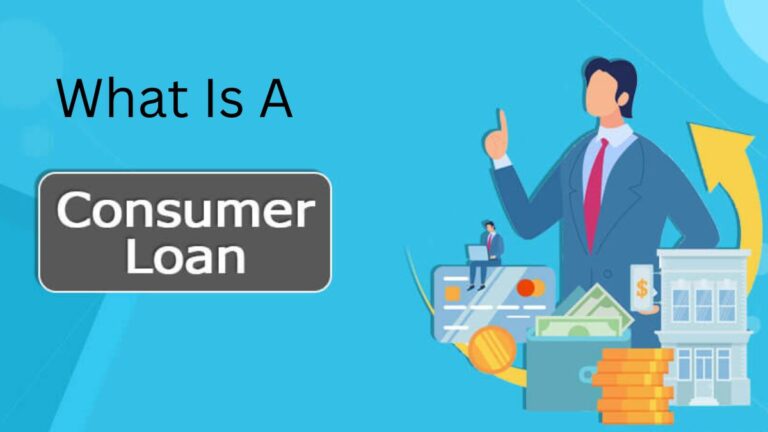When Are Student Loans Due Again?
Are you tired of constantly asking yourself, “When are student loans due again?” Well, fret no more! We’ve got all the answers you need right here. Student loans can be a confusing maze to navigate, but understanding their repayment dates is crucial to managing your finances effectively.
Whether you’re a recent graduate or still in school, this blog post will break down everything you need to know about when those dreaded loan payments come knocking at your door. So sit back and relax as we dive into the world of due dates and discover how to stay ahead of the game!
When is a student loan due?
A student loan is typically due on the anniversary of when it was first borrowed, but there are a few exceptions. Most loans are due six months after the date it was originally borrowed, although some may be due as soon as 30 days after the original loan date. Student loans can also be extended if you need more time to pay them back.
Interest on student loans
The due date for most student loans is typically 10 or 15 days after the month in which the loan was originally disbursed, though there are some exceptions. Student loan servicers typically send borrowers a notification of the upcoming due date at least 10 days before the due date. If you do not receive a notice from your servicer, please contact them.
If you have updated your contact information with your servicer, be sure to update it on my student loans as well. You can find your loan’s disbursement date and servicer information by clicking “View my loans” on MyStudentLoans and selecting “Loan Details.” The loan details page will show all of your loans, including any private loans that have been consolidated into federal student loans.
In addition to receiving a notification of the due date from your servicer, you can also check the status of your student loan online by visiting StudentLoans.gov or calling 1-800-730-4137. You can also contact Student Loan Servicing Center (SLSC) if you have questions about your student loan or need assistance making payments. SLSC is open Monday through Friday from 7:00 am to 10:00 pm EST and Saturday from 8:00 am to 8:00 pm EST.
Repaying student loans
When are student loans due again? Student loans typically have a set date for when they’re supposed to be repaid, but there are exceptions. Here’s what you need to know: Federal student loans generally have a 10-year repayment plan with fixed monthly payments. Private student loans may have different terms, but most have a similar repayment schedule. Generally, private student loans must be repaid within 20 to 25 years. Some students may be able to extend their repayment period, but it’s important to consult with a financial advisor first.
If you’re having trouble making your loan payments, there are several options available to you. You can consult with a personal finance specialist or credit counselor who can help you find ways to reduce your monthly payments or get into debt relief programs. If that doesn’t work, you may qualify for federal or private loan forgiveness programs.
There’s no one answer when it comes to repaying student loans; it’ll depend on your individual situation and budget. But understanding the deadlines and possible solutions is essential if you want to avoid any late fees or penalties from your lender.
How to pay back student loans?
When are student loans due again? Student loans are generally considered to be due on the following dates: The date that you graduated from school
The date that your loan was disbursed
The date that your loan was declared delinquent If you have not made a payment on your student loan for more than 270 days, it is considered in default. borrowers who are in default may have their federal student loans discharged, meaning they would no longer have to pay back the money. However, there are some exceptions to this rule. If you were unable to make payments because of an emergency situation, such as losing your job or becoming unable to repay because of financial hardship, you may be able to apply for an exception to the automatic discharge process.
Conclusion
When you receive a bill from your student loan lender, it is important to read it carefully so you can understand when your loans will be due again. Most student loans have a fixed repayment period, which is the number of months after you graduate or drop below full-time enrollment that your loan will start to repay. However, there are some exceptions. If you’re in an income-driven repayment plan, for example, your loan might begin repayment six months after you leave school.
There’s no definitive answer to when your student loans will be due again, but by following the rules outlined on your bill and consulting with a lender or financial advisor, you can minimize the stress of owing money on student loans.
